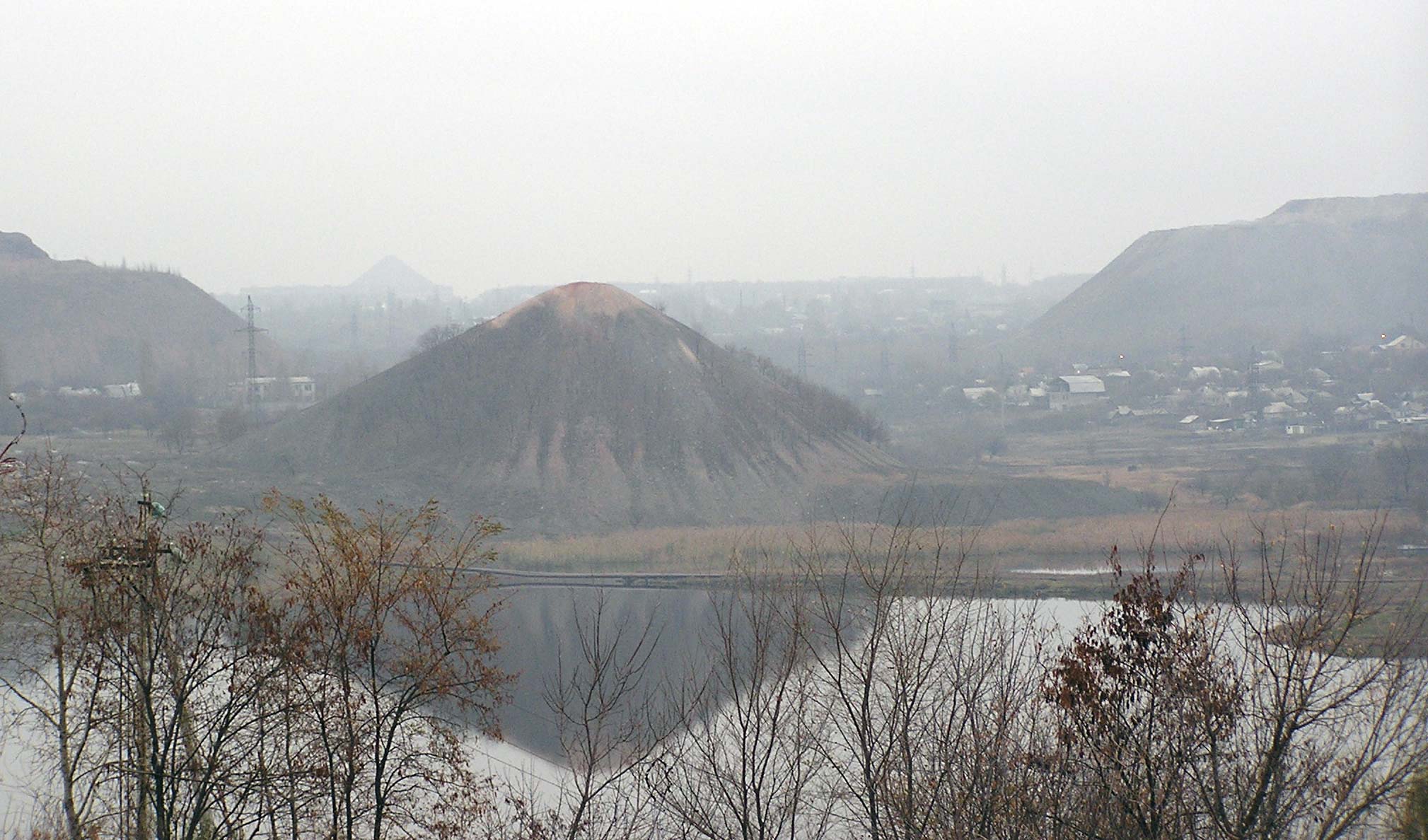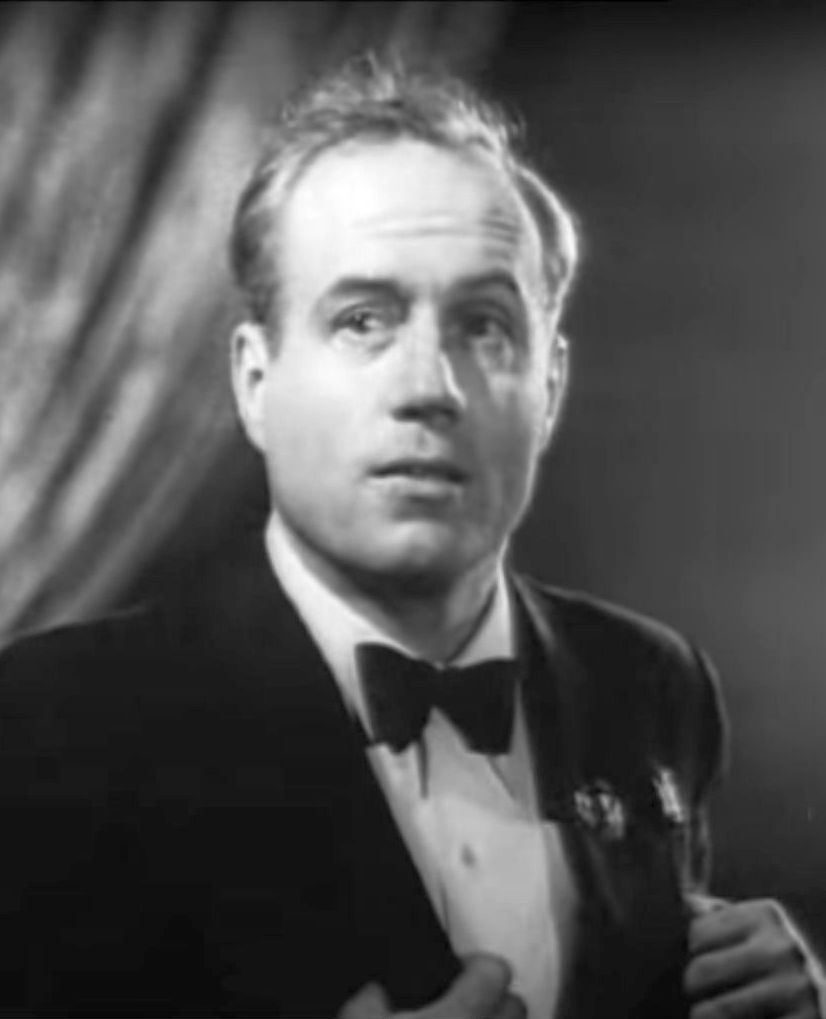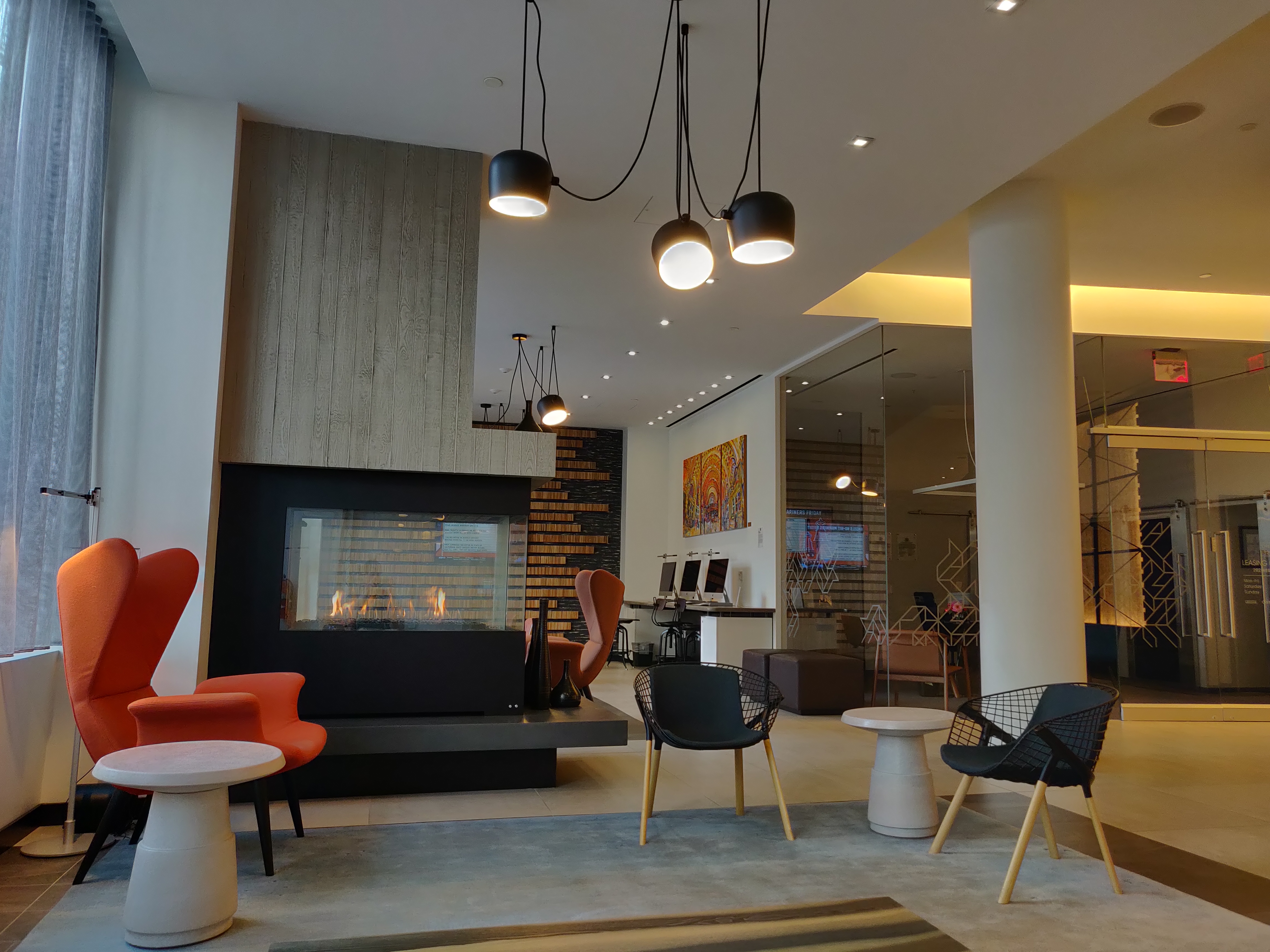|
Donetsk State Academic Opera And Ballet Theatre
Donetsk State Academic Opera and Ballet Theatre named after A. Solovyanenko was established in 1932 in Donetsk on the basis of fit-up theatre of Right-bank Ukraine. Since 15 March 1932 the theatre was transferred to Donetsk theatre group The first season opened on September 1, 1932 with opera ''Prince Igor'' composed by Alexander Borodin. On April 12, 1941, the Theatre opened the season in the new theater building by premiere of Mikhail Glinka, Mikhail Glinka's ''A Life for the Tsar, Ivan Susanin''. On August 7, same year, the premiere of the first ballet performance ''Laurencia (ballet), Laurencia'' by Alexander Crain was held. After the outbreak of the Great Patriotic War part of the company was evacuated to Kirghizia, later, in June 1942, the theater moved to Karakol, Przhevalsk city, where actors held concerts in hospitals and military units. In January 1944 the theater returned to Stalino and already in September, right after the liberation of the Donets Basin a premiere of A ... [...More Info...] [...Related Items...] OR: [Wikipedia] [Google] [Baidu] |
Donetsk
Donetsk ( , ; uk, Донецьк, translit=Donets'k ; russian: Донецк ), formerly known as Aleksandrovka, Yuzivka (or Hughesovka), Stalin and Stalino (see also: Names of European cities in different languages (C–D), cities' alternative names), is an industrial city in eastern Ukraine located on the Kalmius River in Donetsk Oblast. The population was estimated at in the city core, with over 2 million in the metropolitan area (2011). According to the Ukrainian Census (2001), 2001 census, Donetsk was the fifth-largest city in Ukraine. Administratively, Donetsk has been the centre of Donetsk Oblast, while historically, it is the unofficial capital and largest city of the larger economic and cultural Donbas, Donets Basin (''Donbas'') region. Donetsk is adjacent to another major city, Makiivka, and along with other surrounding cities forms a major urban sprawl and conurbation in the region. Donetsk has been a major economic, industrial and scientific centre of Ukraine wit ... [...More Info...] [...Related Items...] OR: [Wikipedia] [Google] [Baidu] |
Cabinet Of Ministers Of Ukraine
The Cabinet of Ministers of Ukraine ( uk, Кабінет Міністрів України, translit=Kabinet Ministriv Ukrainy; shortened to CabMin), commonly referred to as the Government of Ukraine ( uk, Уряд України, ''Uriad Ukrainy''), is the highest body of state executive power in Ukraine. As Cabinet of Ministers of the Ukrainian SSR, it was formed on 18 April 1991, by the Law of Ukrainian SSR No.980-XII. Vitold Fokin was approved as the first Prime Minister of Ukraine. The cabinet is a collegiate body consisting of the cabinet's "presidium" composed of the Prime Minister of Ukraine and their vice prime ministers as well as other ministers who participate and vote on sessions of the cabinet. The prime minister presides over the cabinet. Some vice prime ministers may be appointed as the first vice prime ministers. Unlike the Soviet period of the government when presidium was actually a functioning institution, the current government presidium is nominal and vice ... [...More Info...] [...Related Items...] OR: [Wikipedia] [Google] [Baidu] |
Ivan Kozlovsky
Ivan Semyonovich Kozlovsky (russian: Ива́н Семё́нович Козло́вский, uk, Іван Семенович Козловський; also referred to as Kozlovskiy or Kozlovskij; 21 December 1993) was a Soviet lyric tenor and one of the most well known stars of Russian opera, as well a producer and director of his own opera company, and longtime teacher at the Moscow Conservatory. People's Artist of the USSR (1940) and Hero of Socialist Labour (1980). Biography Ivan Kozlovsky was born in the village of Marianivka near Bila Tserkva, the Kiev Governorate, the Russian Empire (now in Ukraine), and began to sing at the age of seven in the choir of the St. Michael's Golden-Domed Monastery. He went on to study drama, piano and singing (with the famous soprano Olena Muravyova) at the Kyiv National I. K. Karpenko-Kary Theatre, Cinema and Television University. He also sang with his brother in Alexander Koshetz's choir in Kyiv. This instruction was cut short after tw ... [...More Info...] [...Related Items...] OR: [Wikipedia] [Google] [Baidu] |
Soviet Union
The Soviet Union,. officially the Union of Soviet Socialist Republics. (USSR),. was a transcontinental country that spanned much of Eurasia from 1922 to 1991. A flagship communist state, it was nominally a federal union of fifteen national republics; in practice, both its government and its economy were highly centralized until its final years. It was a one-party state governed by the Communist Party of the Soviet Union, with the city of Moscow serving as its capital as well as that of its largest and most populous republic: the Russian SFSR. Other major cities included Leningrad (Russian SFSR), Kiev (Ukrainian SSR), Minsk ( Byelorussian SSR), Tashkent (Uzbek SSR), Alma-Ata (Kazakh SSR), and Novosibirsk (Russian SFSR). It was the largest country in the world, covering over and spanning eleven time zones. The country's roots lay in the October Revolution of 1917, when the Bolsheviks, under the leadership of Vladimir Lenin, overthrew the Russian Provisional Government ... [...More Info...] [...Related Items...] OR: [Wikipedia] [Google] [Baidu] |
Taras Shevchenko National Prize
Shevchenko National Prize ( uk, Націона́льна пре́мія Украї́ни і́мені Тараса́ Шевче́нка; also ''Shevchenko Award'') is the highest state prize of Ukraine for works of culture and arts awarded since 1961. It is named after the inspirer of Ukrainian national revival Taras Shevchenko. It is one of the five state prizes of Ukraine that are awarded for achievements in various fields. History In May 1961 the Soviet Union was honoring on a large scale the memory of Ukrainian Kobzar Taras Hryhorovych Shevchenko.Art creators of Luhansk region – laureates of the State prize ... [...More Info...] [...Related Items...] OR: [Wikipedia] [Google] [Baidu] |
Alexander Korobeychenko
Alexander is a male given name. The most prominent bearer of the name is Alexander the Great, the king of the Ancient Greek kingdom of Macedonia who created one of the largest empires in ancient history. Variants listed here are Aleksandar, Aleksander and Aleksandr. Related names and diminutives include Iskandar, Alec, Alek, Alex, Alexandre, Aleks, Aleksa and Sander; feminine forms include Alexandra, Alexandria, and Sasha. Etymology The name ''Alexander'' originates from the (; 'defending men' or 'protector of men'). It is a compound of the verb (; 'to ward off, avert, defend') and the noun (, genitive: , ; meaning 'man'). It is an example of the widespread motif of Greek names expressing "battle-prowess", in this case the ability to withstand or push back an enemy battle line. The earliest attested form of the name, is the Mycenaean Greek feminine anthroponym , , (/Alexandra/), written in the Linear B syllabic script. Alaksandu, alternatively called ''Alakasandu'' or ' ... [...More Info...] [...Related Items...] OR: [Wikipedia] [Google] [Baidu] |
Yuri Aleksandrovich Gulyayev
Yuri Aleksandrovich Gulyayev (russian: Юрий Александрович Гуляев; 9 September 1930 – 23 April 1986) was a Soviet opera singer from Tyumen, Ural Oblast, RSFSR. He studied at the Ural State Conservatory in Sverdlovsk. Amongst his most notable performances were those at the in Moscow. He was named a |
Stucco
Stucco or render is a construction material made of aggregates, a binder, and water. Stucco is applied wet and hardens to a very dense solid. It is used as a decorative coating for walls and ceilings, exterior walls, and as a sculptural and artistic material in architecture. Stucco can be applied on construction materials such as metal, expanded metal lath, concrete, cinder block, or clay brick and adobe for decorative and structural purposes. In English, "stucco" sometimes refers to a coating for the outside of a building and "plaster" to a coating for interiors; as described below, however, the materials themselves often have little to no differences. Other European languages, notably Italian, do not have the same distinction; ''stucco'' means ''plaster'' in Italian and serves for both. Composition The basic composition of stucco is cement, water, and sand. The difference in nomenclature between stucco, plaster, and mortar is based more on use than composition. Until ... [...More Info...] [...Related Items...] OR: [Wikipedia] [Google] [Baidu] |
Lobby (room)
A lobby is a room in a building used for entry from the outside. Sometimes referred to as a foyer, reception area or an entrance hall, it is often a large room or complex of rooms (in a theatre, opera house, concert hall, showroom, cinema, etc.) adjacent to the auditorium. It may be a repose area for spectators, especially used before performance and during intermissions, but also as a place of celebrations or festivities after performance. Since the mid-1980s, there has been a growing trend to think of lobbies as more than just ways to get from the door to the elevator but instead as social spaces and places of commerce. Some research has even been done to develop scales to measure lobby atmosphere to improve hotel lobby design. Many office buildings, hotels and skyscrapers go to great lengths to decorate their lobbies to create the right impression and convey an image. [...More Info...] [...Related Items...] OR: [Wikipedia] [Google] [Baidu] |
Auditorium
An auditorium is a room built to enable an audience to hear and watch performances. For movie theatres, the number of auditoria (or auditoriums) is expressed as the number of screens. Auditoria can be found in entertainment venues, community halls, and theaters, and may be used for rehearsal, presentation, performing arts productions, or as a learning space. Etymology The term is taken from Latin (from ''audītōrium'', from ''audītōrius'' ("pertaining to hearing")); the concept is taken from the Greek auditorium, which had a series of semi-circular seating shelves in the theatre, divided by broad 'belts', called ''diazomata'', with eleven rows of seats between each. Auditorium structure The audience in a modern theatre are usually separated from the performers by the proscenium arch, although other types of stage are common. The price charged for seats in each part of the auditorium (known in the industry as the house) usually varies according to the quality o ... [...More Info...] [...Related Items...] OR: [Wikipedia] [Google] [Baidu] |
Donetsk Cinderella 01
Donetsk ( , ; uk, Донецьк, translit=Donets'k ; russian: Донецк ), formerly known as Aleksandrovka, Yuzivka (or Hughesovka), Stalin and Stalino (see also: cities' alternative names), is an industrial city in eastern Ukraine located on the Kalmius River in Donetsk Oblast. The population was estimated at in the city core, with over 2 million in the metropolitan area (2011). According to the 2001 census, Donetsk was the fifth-largest city in Ukraine. Administratively, Donetsk has been the centre of Donetsk Oblast, while historically, it is the unofficial capital and largest city of the larger economic and cultural Donets Basin (''Donbas'') region. Donetsk is adjacent to another major city, Makiivka, and along with other surrounding cities forms a major urban sprawl and conurbation in the region. Donetsk has been a major economic, industrial and scientific centre of Ukraine with a high concentration of heavy industries and a skilled workforce. The density of heavy ... [...More Info...] [...Related Items...] OR: [Wikipedia] [Google] [Baidu] |





